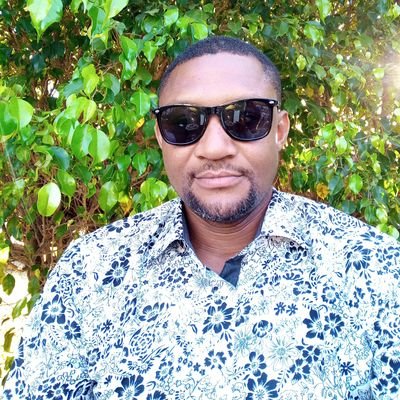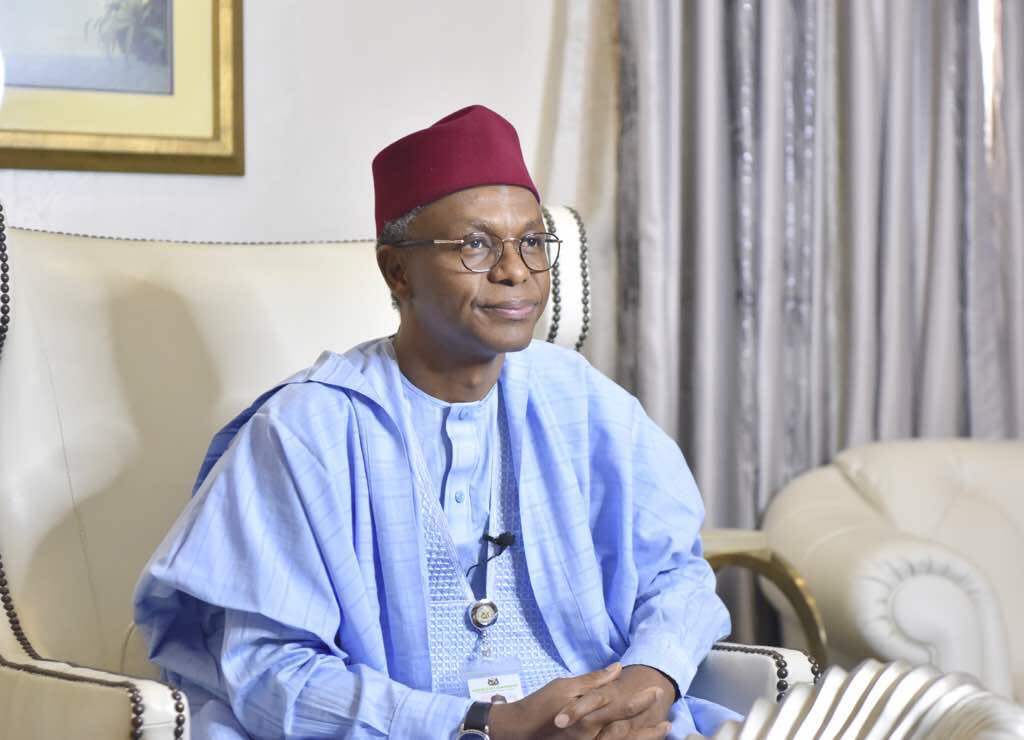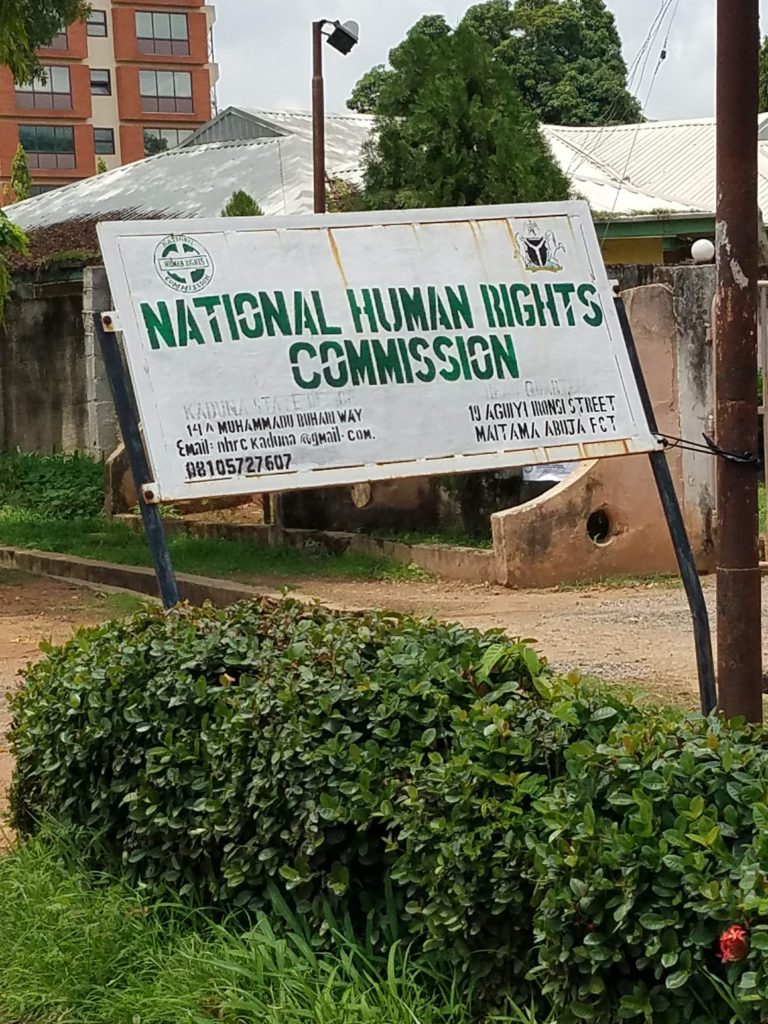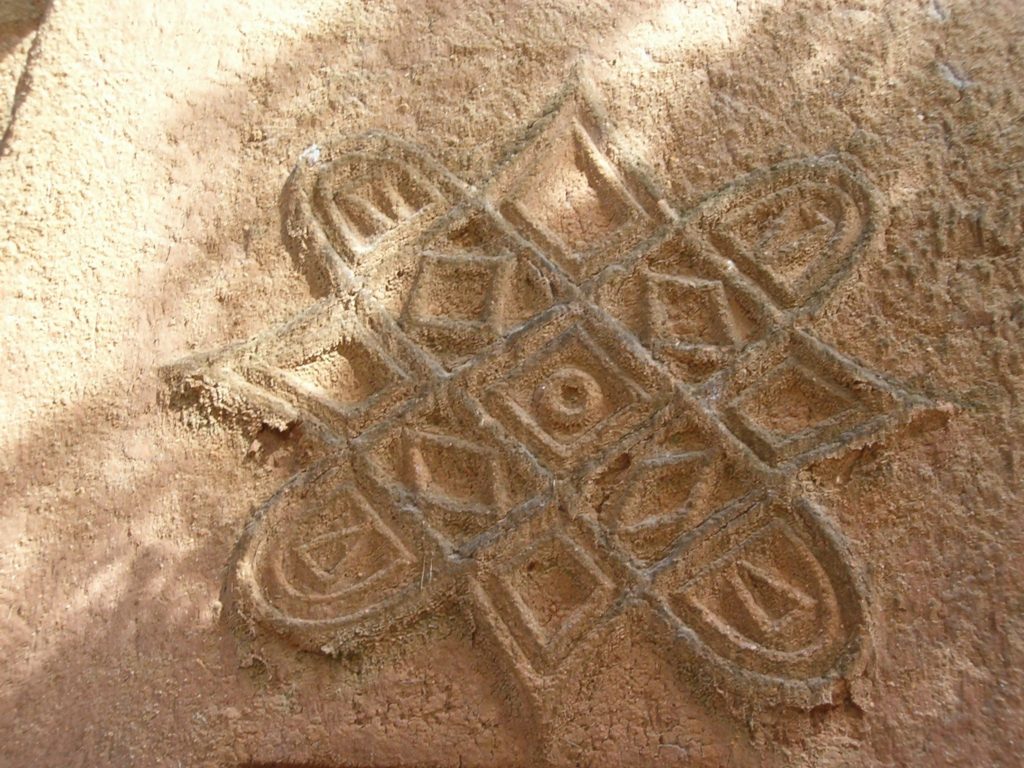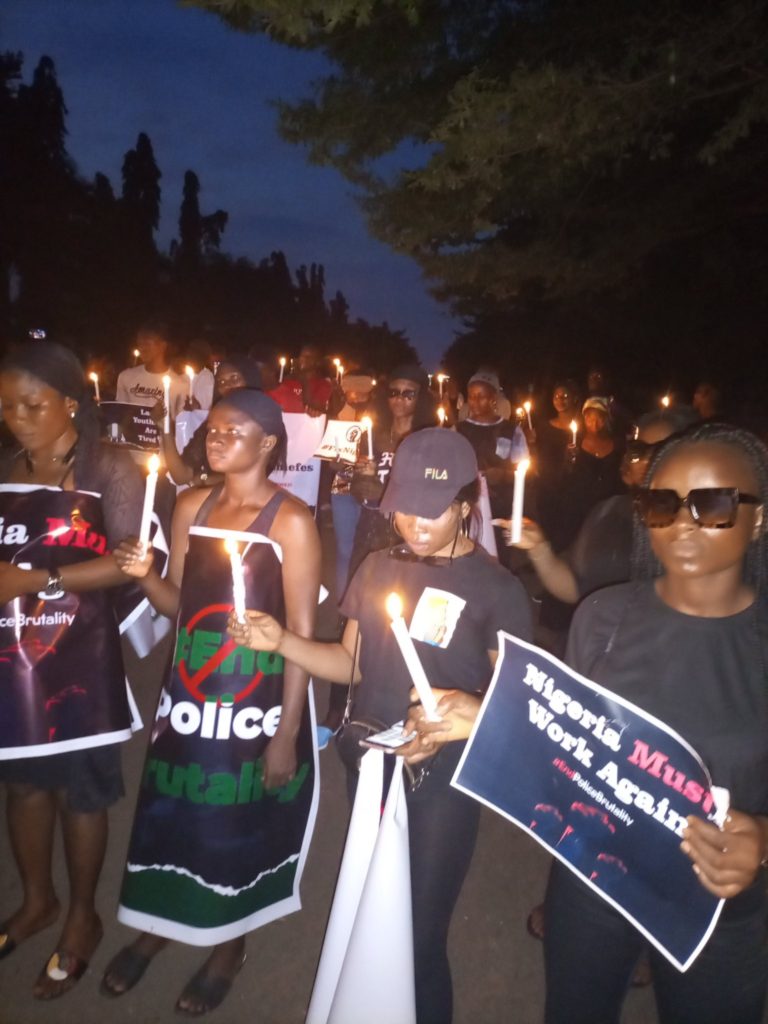
A vigil for the fallen protestors, Abuja (photo by Laz Apir)
The #EndSARS Hashtag
Globally, it is no longer news what the #EndSARS hashtag and protest represents, what is now making the news rounds is how the democratically elected Government of Nigeria responded to the peaceful protesters, and how the young Nigerians who led the protest will react. However, for the benefit of anyone who may be coming in contact with the subject matter for the first time, let me give a quick introduction of the #EndSARS protest in Nigeria.
What Is SARS?
The Nigeria Police Force in late 1992 established a Special Anti-Robbery Squad (SARS) unit to specifically focus on crimes associated with robbery, motor vehicle theft, kidnapping, cattle rustling, and firearms. Aside the general decay, bribery, torture tactic and associated corrupt practices of extortion of motorists and individuals by operatives of the Nigeria Police, the last decade witnessed an alarming surge in cases of SARS wrong profiling and brutality of especially young Nigerians.
What triggered the #EndSARS Protest
In early October 2020, a video emerged showing police officers; thought to be from the notorious SARS allegedly shooting and killing a young man in Delta state. Although Nigerian authorities denied the reports, young Nigerians were enraged as once again, the authorities failed to take any concrete steps in addressing police brutality. There was an initial call for protest by a Nigerian Musician by name Naira Marley, after what was believed to be an act of intimidation from some the security operatives, the artist called off the protest. However, on 8 October 2020, nationwide peaceful protests erupted and were peaceful. The Lagos protest was again led by some other top music icons like Falz and Runtown with solidarity from other big Nigerian celebrities like Burna Boy, Wizkid, Davido, Tacha, MI, Tuface, Ebuka. Almost every social media influencer as well as other Nigeria pro Athletes identified with the protest. The protesters all along maintained two characteristics; to be leaderless and nonviolent.
What the Protesters Demanded
The embodying demand of the protest was a call to disband the SARS, but in details, contained five interrelated demands all aimed at reforming the Nigeria police. These were:
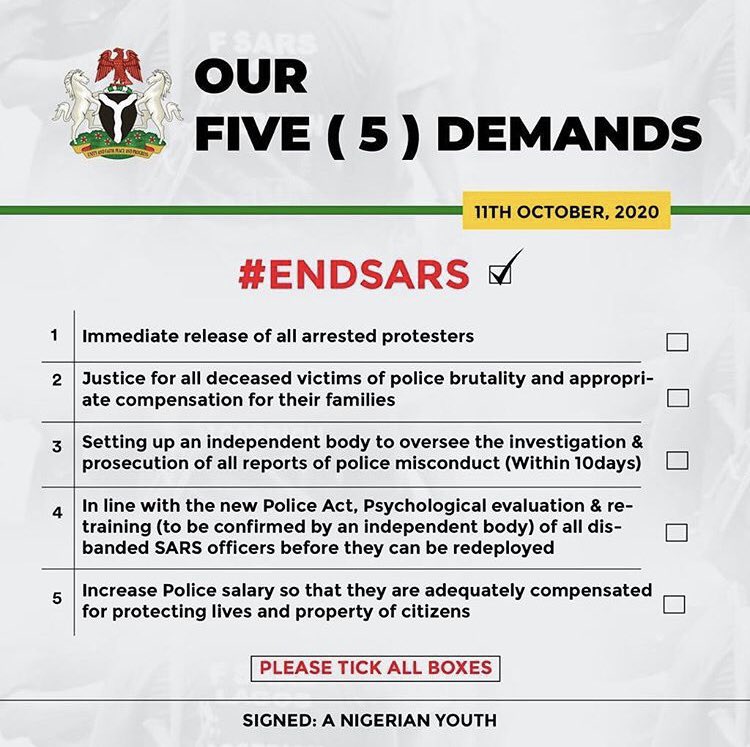
Attack on protesters and the knee Jerk SWAT Introduction
The #EndSARS protesters carried on while maintaining the nonviolent discipline. Suddenly, the media started reporting counter protests in support of the SARS unit even after the Federal Government agreed and disbanded the SARS unit. The counter protesters then changed their initial protest in support for SARS into attacking the #EndSARS protesters. These attacks all around the country including Abuja the federal capital territory where cars were burnt and a whole settlement razed. With the attacks on the peaceful protesters on the rise, rumours started filtering in that the attackers were being sponsored by some persons believed to be doing so in support of the regime. Momentarily, the Inspector General of Police announced the establishment of a new police unit called SWAT to replace the disbanded SARS. The protesters clearly saw the move as a knee jerk reaction and quickly doubled up and started a second hashtag #EndSWAT.
International Solidarity with #EndSARS Protest
By day 6, the #EndSARS protest had gained global attention and solidarity from top music icons like Cardi B, P-Diddy, Beyonce, Rihanna, Nicki Minaj, Meek Mills, and other US and UK politicians, diplomats and professionals. Once the #EndSARS hashtag started trending globally, a lot more people started following the conversation and showing solidarity with the protest given that police brutality is not new to citizens of the world. Nigerian celebrities went a step further in crowd funding to cover supplies for the protesters. Other men and women of goodwill also would buy meals and take to the protesters in support. The entire time, Government of Nigeria never came out to engage the protesters nor issued an official statement.
Spread of the #EndSARS Protest
The protest which initially erupted in just Lagos and Abuja quickly replicated across other Nigerian cities and soon spread to other cities around the world; all calling for #PoliceReformsInNigeria and an #EndToPoliceBrutality. Typically, similar protests or agitations of such proportion in the past never lasted more than a week. That the #EndSARS protest was waxing stronger, rumours started filtering in that security operatives were being moved around the country to some of the major hubs of the protest, preparatory for a crackdown. These rumours grew stronger on the strength of the continued attack on the peaceful protesters by hoodlums; believed to be sponsored by supporters of the regime. There was even a prison break in Edo state which many believed was staged to give the #EndSARS protest a bad name and warrant the use of lethal force. How could unarmed protesters overrun a prison facility successfully without fatalities?
The Lekki Toll Gate massacre
On day 12 of the #EndSARS protest, events unfolded routinely across the various protest grounds until about 8:pm on 20.10.2020 when Twitter spiked with cries in short video clips of shooting at the #EndSARS protesters at Lekki Toll Gate in Lagos. This was the most peaceful and organized protest ground. For this reason, it was puzzling what could have gone wrong to warrant the use of maximum force. Eye witness testimonies confirmed that at some point, the lights and the CCTV cameras at Lekki Toll gate were turned off. Momentarily About the time some security operatives in the Nigerian Army attire showed up. On sighting the armed military personnel, the protester started singing the Nigeria National Anthem while taking a kneel. This was when the soldiers opened fire on the protesters. A video surfaced on social media in which protesters being shot at were heard telling the other protesters to sit down and scamper about.
The Ensuing Reaction
The morning after the shooting, and the entire day went by without as much as a statement from the Presidency. While the government of Nigeria was silent, some world leaders, past and present reacted on social media in condemnation of the shooting and called on the Government of Nigeria to open investigation and bring culprits to book. Former president Olusegun Obasanjo even issued a press statement in which stated that use of brute force is historically proven to be unviable in addressing citizen agitations. He called on President Buhari to act fast and not let the situation to degenerate any further. Joe Biden, Hillary Clinton, UN Secretary General, minsters and foreign secretaries all sent strong condemnation of the shootings which according to Amnesty International claimed 12 lives and injured several others. The governor of Lagos state is his press address mentioned visiting 24 injured protesters. He declared that there were no fatalities but later apologized and confirmed one fatality.
President Buhari’s Address
It was nearly after 48 hours since the shooting, that the President of Nigeria made a broadcast in which he acknowledged the fundamental right of citizens to protest as enshrined in Section 40 of Nigeria’s Constitution and other enactments. In the same breath, President Buhari quickly changed tone and dared the young citizens protesting to not misconstrue his swift response in announcing disbandment of SARS as a weakness. The speech further spiralled into stating the empowerment measures and initiatives principally targeted at youths, women and the most vulnerable groups in Nigeria. Suggestive of the fact that the youths should be grateful and not dare to demand police reform in Nigeria. The incoherence did not fail to add that his administration will continue to improve good governance and the democratic process, including sustained engagement. And how the liberty and freedom, as well as the fundamental rights of all citizens shall be protected under his watch.
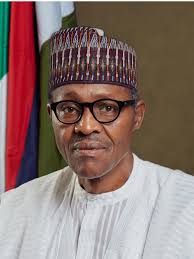
of my most recent book, Contemporary Nigerian Politics.
To the international community, Mr President called off their ignorance and advised them to seek all the facts available before taking a position or rushing to judgment and making hasty pronouncements. On this note, he told the protesters to go and apply for Farmermoni, Tradermoni, Marketmoni, N-Power, N-Tech and N-Agro. That to do otherwise will amount to undermining national security and the law and order situation which he will not tolerate. Just after issuing the threats, Mr President asked the protester to clear out the streets and find constructive ways of engaging government.
Next, the President paid tributes to the police officers who lost their lives, and thanked youth leaders who have restrained their followers from taking the law into their hands. he asked all Nigerians to go about their normal lives. No acknowledgement of the shooting at protesters by the security operatives and the victims of the shooting.
Matters Arising
Like many others who have tried to make sense of the events around the shooting of peaceful protesters and the corresponding response of the Government of Nigeria, three questions come to mind that President Buhari needs to answer; either for himself or for Nigeria:
There is a sense in how and why nations exist sovereign yet go into bilateral relations with other nations. And also belong to regional and global communities. Not long ago, Nigeria dominated the debate in calling on Malians military to order. Can the same Nigeria kill its citizens in cold blood and tell concerned potential allies like Joe Biden and Hillary Clinton to back off?
Can Nigeria kill its citizens and tell Joe Biden and Hillary Clinton to back off?
Is Buhari expecting a return to normalcy, or is he postponing “the evil”?
Is a reformed Nigeria – the aim of these youth led protests – still possible?
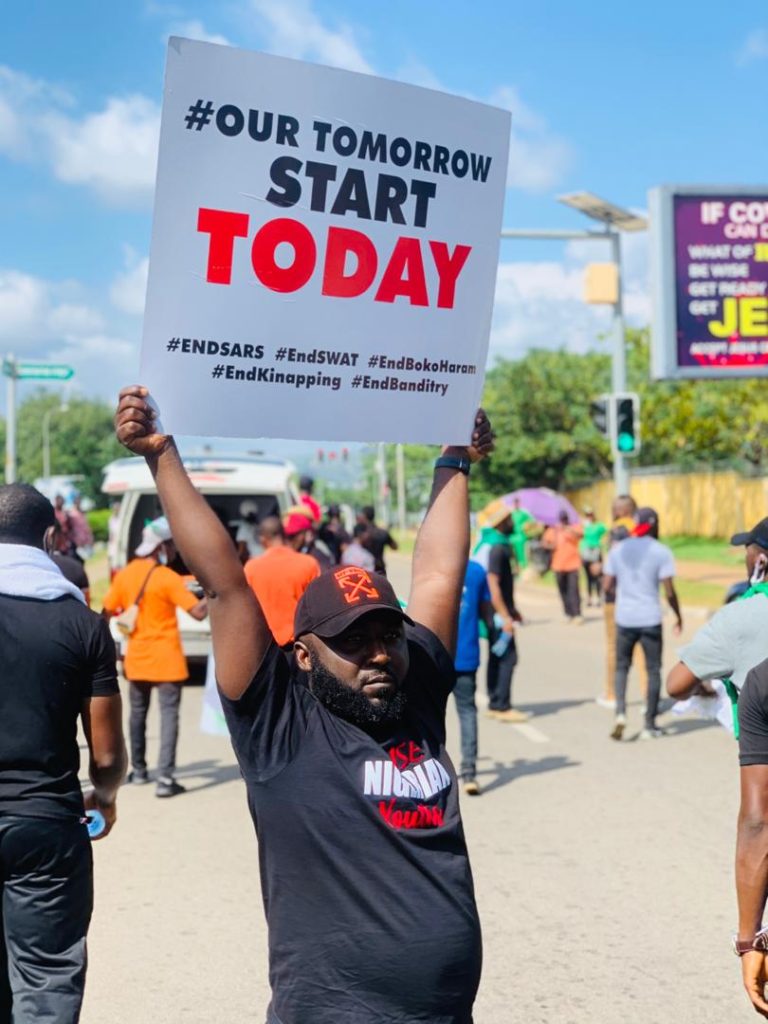
Nigeria demographics paints a picture of a youth dominated population wallowing in abject poverty as sustained by joblessness. A situation former president Obasanjo once described as Nigeria sitting on a keg of gunpowder. By Mr. President’s address, is he expecting that the balance is restored and normalcy will return or he is simply holding on to anything and postponing the evil for another day?
The sheer commitment, intensity and passion displayed by young Nigerians in the period of the #EndSARS protest; is an eye opener to the power the youths wield collectively. For the moment, it is safe to say these young Nigerians are nursing their wounds and trying to make sense of how a peaceful protest with clearly achievable demands, warranted the raining of live bullets on them. The question on the minds and lips of many others is how the momentum, collaboration and shared vision to see a reformed Nigeria can be further channelled. Or is this the end?
Whilst we await what happens in the next days, weeks or even months, it will be impulsive for anyone to imagine we have seen or heard the last of the #EndSARS agitation which encapsulates an emerging third force in young Nigerians towards galvanizing support to see far reaching reforms across Nigeria. Only time will tell what happens next.
Laz April is an election expert and civil society activist. He writes from Abuja, Nigeria. Follow him on Twitter @lazapir.
